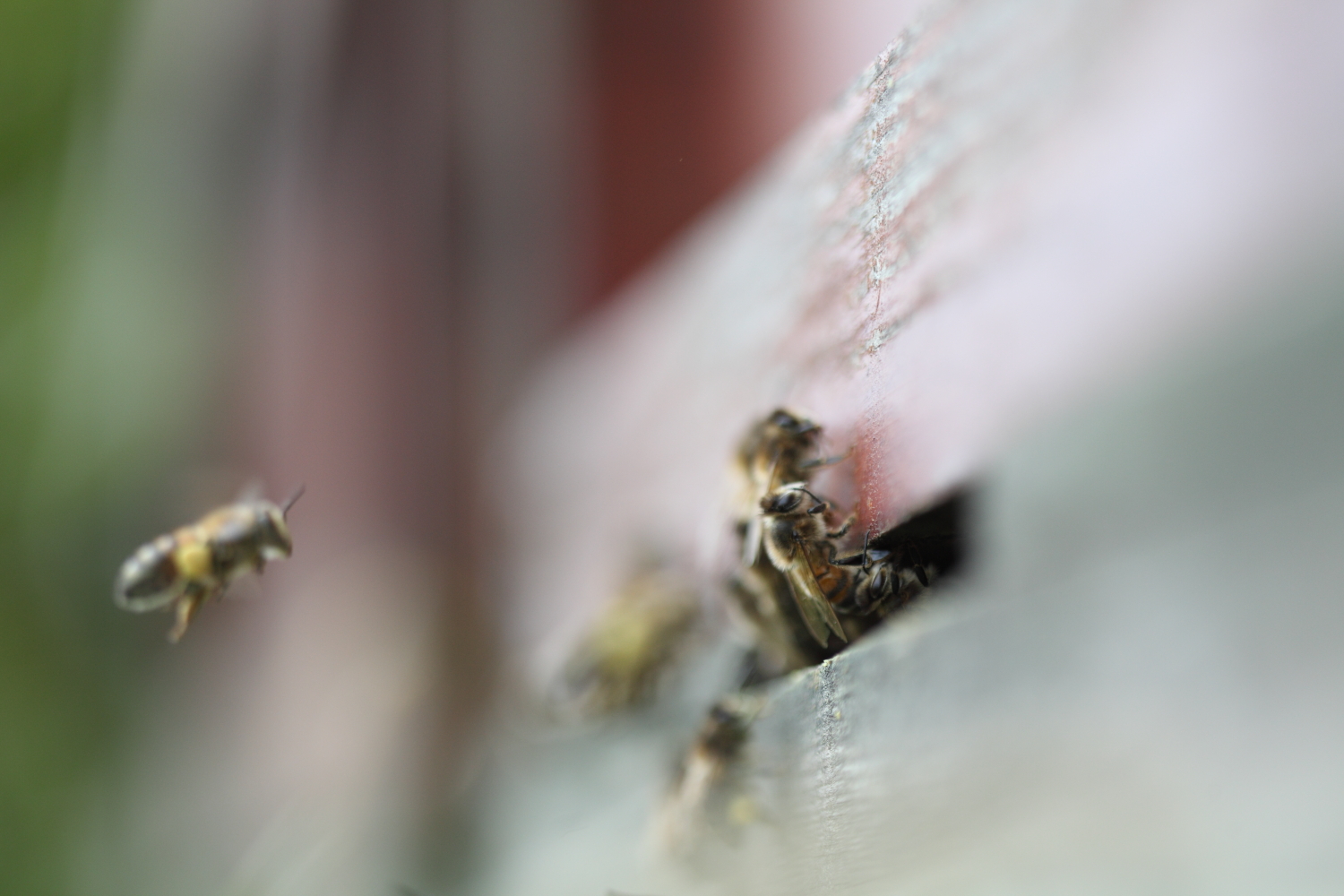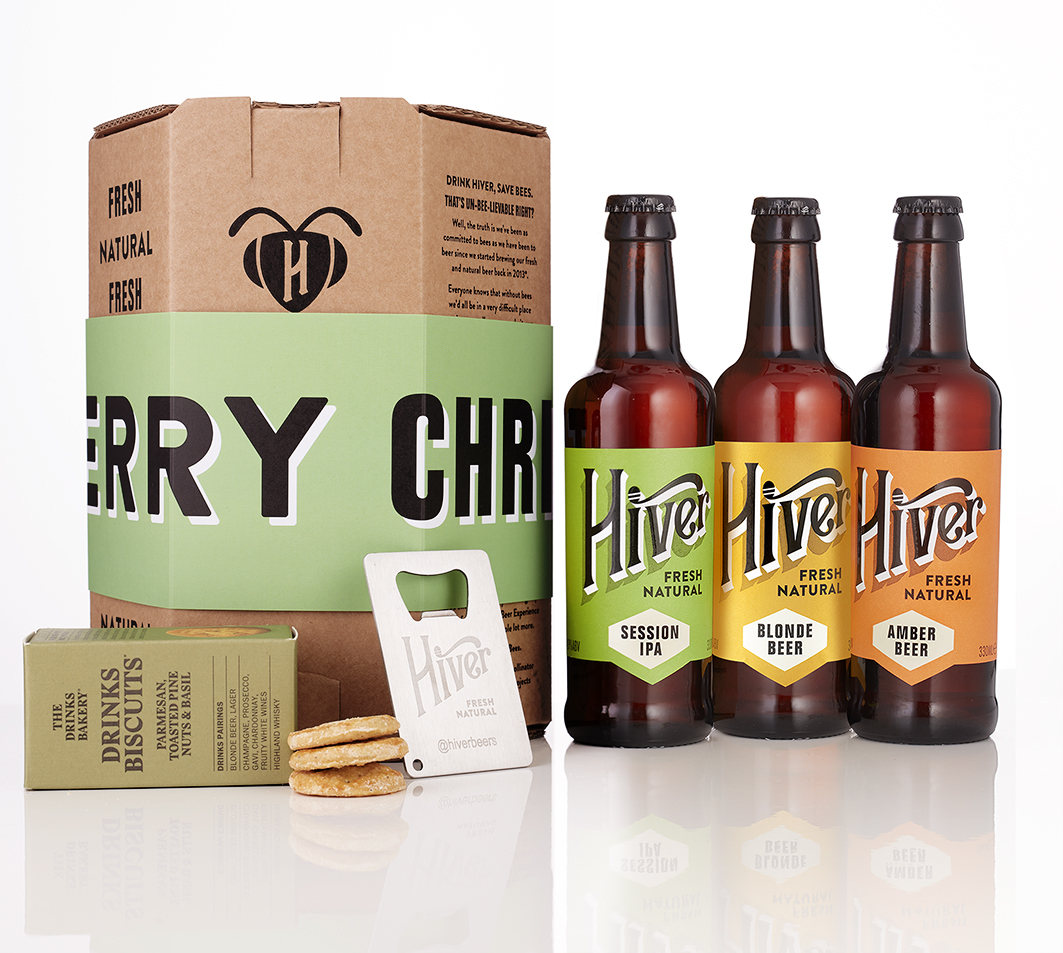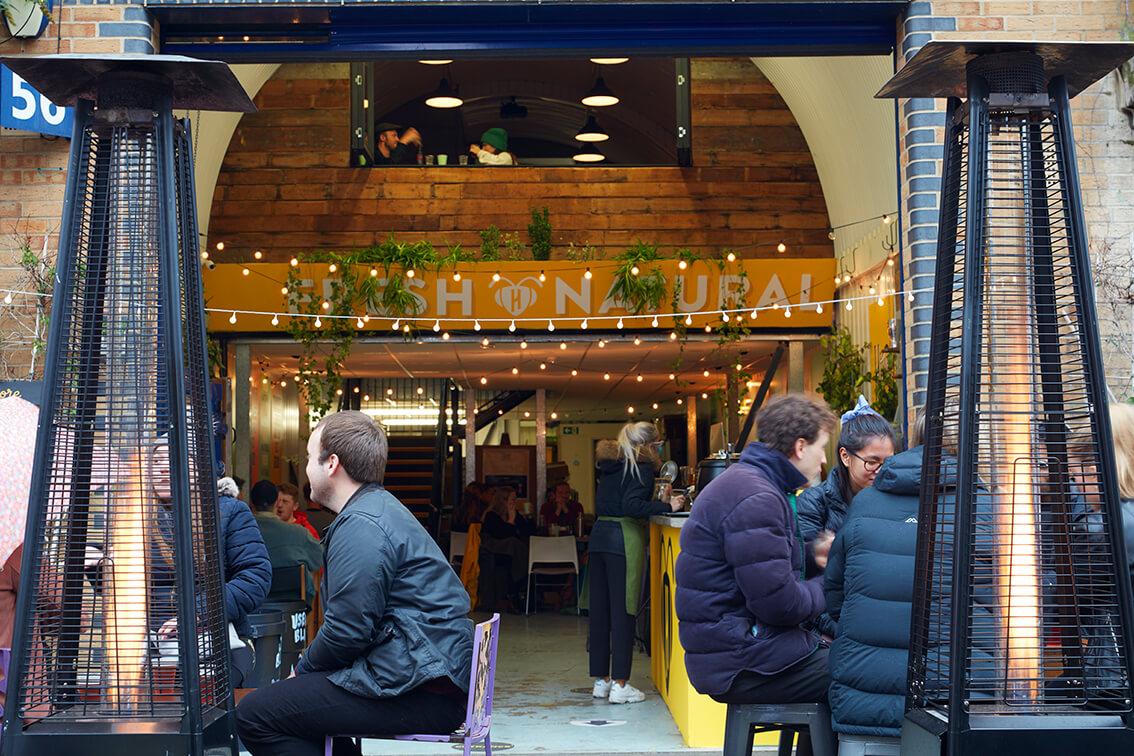We were recently approached by Experience Days, one of our online gifting partners, to find out a little more about our Urban Beekeeping Experiences. Founder Hannah answers their Q&A below.
Can you explain a little more about what ‘urban beekeeping’ is?
Urban beekeeping is the practice of keeping honey bees in the city, from roof tops to hidden gardens and parks. In our experience Urban Beekeepers are connected to the cities communities and people and often provide welcome green spaces like the Social Enterprise project that we support through our Urban Experience. It’s a wonderful way for many people to connect with nature in an urban environment and while the main focus for us all should be helping bees by planting for them (blubs in January through to herbs across the winter) the experience enables people to get a sneak peak into the life of an urban beekeeper and the chance to enjoy getting hands on and up close to these wonderful creatures.
What can one expect from a beekeeping and beer tasting experience?
Guests can expect a very exciting and memorable 2 hours with our team taking them full circle from the life cycle of a bee through to a tasting of the honeys that have been harvested from that hive the season before. Upon arrival, they will jump into a beekeeping suit, and our beekeeper will start the session by introducing the basics of beekeeping such as the main tools that a beekeeper uses, the inspection objectives and even the bi-products of the hive. After that, weather allowing, attendees will support the beekeeper with a hive inspection: actually holding the frames full of bees, to look for the Queen bee and check the colony’s health.
Guests will then join our Hiver Beers host for a tutored tasting of 2 honey beers from the Hiver range, paired with a selection of nibbles to highlight specific ingredients in the beer. We pride ourselves in offering a sensory tasting, including the ingredients used including the raw British honeys that are showcased through the range. Rather than a classic beer tasting our hosts always have a good story to share about honey, honey beer and brewing and the tasting brings the experience full circle from bee to beer to forage type.
Do you have any interesting facts about the bees, or beekeeping that people may not know?
To Choose From: this section is interesting but I think they’re just looking for beefacts here…ok to choose from a few #beefactfridays from our social feeds (do a quick search on twitter to gather a few) and highlight that we run this weekly on Instagram and facebook? @hiverbeers
There is no law to prevent anyone from buying a hive and becoming a beekeeper, however, before you buy your own, it is highly recommended to
1) join your local beekeeping association and find a beekeeper to assist for a year before you get your own hive, so you may learn what goes on in a hive throughout the year.
2) check your area for other hives and ensure there will be enough flowers, trees and shrubs for all the bees to feed.
3) ensure your neighbours are not allergic to bee sting!
Honey bees are important pollinators, and they tend to fare better in cities then they do in the countryside, to the points that nowadays, there are almost too many hives in London, creating a fragile balance for other pollinators that are independent from us, humans, from solitary bees, bumblebees to butterflies.
Honey bees do not sting to kill their aggressors, stinging is their last resource as they lose their stinger in the process and die. However, wasps do not have this issue.
Propolis, which is the bees top anti-bacterial agent, as well as their favourite glue, was used by the Egyptians in the concoction used for mummification due to its preserving property.
Worker honeybees live up to 6 weeks during the spring/summer season, but only leave their hives in the last 10 days of their lives
What is it that makes your experiences unique?
The Hiver Experience is a unique opportunity to discover beekeeping in an urban environment, connecting the dots between some of the products and foods we consume as well as supporting a local Social Enterprise. It’s modern, fun and memorable but leaves a lasting impression. AT a time when we’re all looking for ways to link back to nature and leave a smaller footprint, developing a respect for bees and understanding how we can support them through planting initiative could be a fun and easy way to make a change.
Can you explain the brewing process of your honey beers?
We use honey as a raw brewing ingredient alongside the cereal in our beers. By fermenting with the raw honeys and establishing which varietals of honey best complement the style, we produce modern interpretations of a very traditional beer style and by fermenting with honey rather than adding for sweetening, our range is crisp, refreshing and has a unique ability to match with food.
What is your top recommendation from the ‘Bee Urban’ shop?
We recommend their honey of course, but also their beeswax candles: the moulded beeswax candles are handmade by Bee Urban’s volunteers and all proceeds go back to fund this great community organisation.



